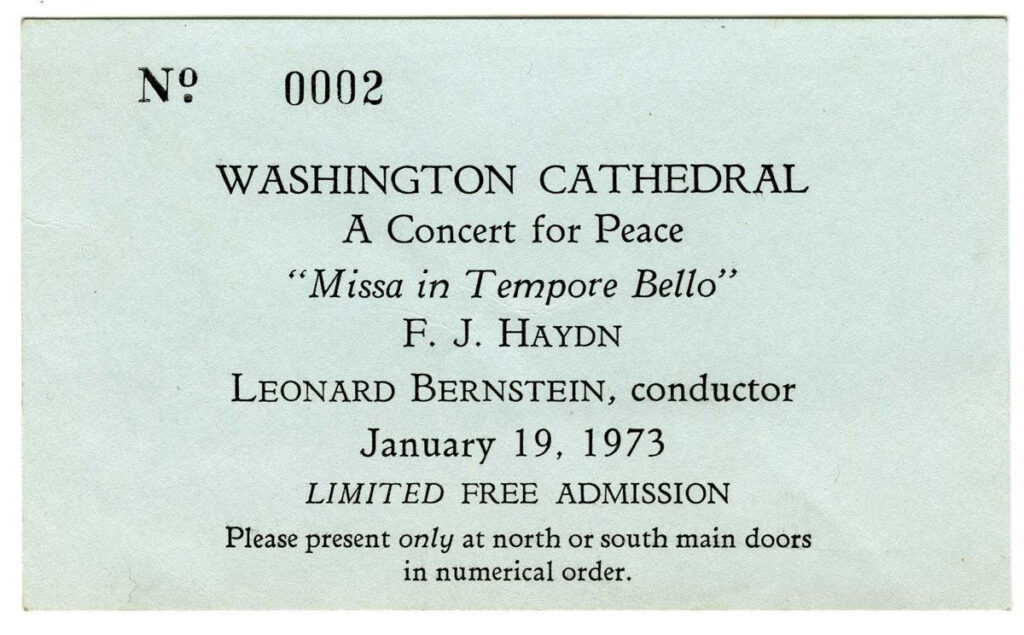
In the grand tradition of American democracy, presidential inaugurations have long served as stages for our nation’s most celebrated artists. From Lady Gaga to Marion Anderson, from Beyoncé to Frank Sinatra, these ceremonies have featured performers whose music captures the spirit of their times and heralds new beginnings.
But what happens when music becomes an act of protest rather than celebration?
January 1973 marked a particularly dark moment in American history. As Richard Nixon prepared for his second inauguration, the skies over Vietnam erupted with one of the war’s most intense bombing campaigns. The anti-war movement, despite years of marches and protests, had failed to sway Nixon’s aggressive foreign policy. The official inaugural celebration planned to feature Tchaikovsky’s 1812 Overture—its thunderous cannons an eerily tone-deaf choice given the circumstances.
In response to this moment of national crisis, legendary conductor Leonard Bernstein chose to wield music as a weapon of peace. He assembled an impromptu orchestra for what would become known as the “anti-inaugural concert,” a powerful counterpoint to the official ceremonies. For Bernstein, this wasn’t merely a protest; it was a manifestation of his deeply held belief in the transformative power of art. He maintained that artists could tip the balance toward peace and brotherhood by creating and sharing beauty with as many people as possible.

This concert embodied a unique form of resistance—not through shouted slogans or raised fists, but through the universal language of music. It demonstrated how art could serve as both a mirror reflecting our troubled times and a beacon lighting the way toward hope and reconciliation.
The juxtaposition couldn’t have been starker: while the official inaugural celebration featured the martial bombast of the 1812 Overture, Bernstein’s concert for peace offered an alternative vision of what America could be. It reminds us that even in our nation’s darkest hours, the artistic community has found ways to speak truth to power and imagine a more peaceful future.
As we reflect on this historical moment, we’re reminded that music at presidential inaugurations does more than merely entertain—it can challenge, inspire, and sometimes even heal a divided nation.
This episode was produced by Brandi Howell, with special thanks to Michael Chikinda, Alicia Kopfstein, Matt Holsen, and Bernie Swain.
